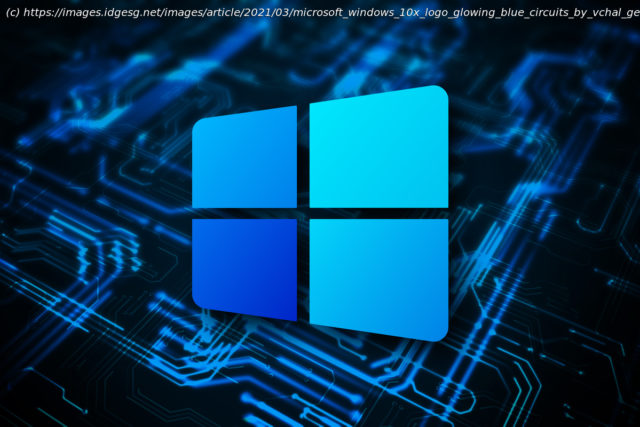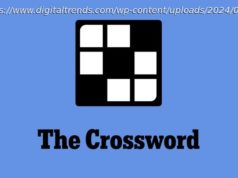In two weeks, Microsoft, plans to unveil the “next generation” of Windows. But isn’t Windows 10 supposed to be the last generation of the ubiquitous OS?
Oh, great. Microsoft is going to upend Windows again. Just great. Come June 24, according to Microsoft, the company will unveil or display or reveal all or something or not much at all about the “next generation” of Windows, whatever it’ll be called — say, Windows 10 21H2, Windows 10 something-something, Windows 11, Windows 12 or… wait, we just got a massive headache. We need to lie down for a bit. Scuttlebutt — one of the most underrated words in the English language — has been bubbling for months about Microsoft’s next stab at Windows, at least concerning its user interface (UI) changes, the project dubbed “Sun Valley.” Whether there will be substantial under-the-hood alterations or modifications, or a slew of new features and functionality, hasn’t been made clear, even by those predisposed to speculate. What is known? How about this: Microsoft put down a marker six years ago when it called Windows 10 “the last Windows ever.” Renege on that and there will be some very angry commercial customers. Why? Because Microsoft make an unspoken pact with those customers. In return for abiding a dramatic break with tradition and adopting (and adapting to) the very disruptive every-six-months update tempo of Windows 10, customers believed they would never again face the enormous task of mass migrations to a drastically different OS gestalt and the then-necessary retraining of workers on a brand new OS — something they had been forced to do since at least the 1990s every three or four or five or even six years. (The interval varied depending on how long businesses stuck with a single SKU; long stretches for the better-built operating systems, such as Windows 95, Windows XP and Windows 7; shorter spans, if any at all, for the losers like Windows 98, Windows Vista and Windows 8.) So when Microsoft starts throwing out phrases like “most significant updates… of the past decade” — a historical span that encompassed not only Windows 10’s introduction in 2015 but also the even-more-radical Windows 8, failure though it was, that debuted in 2012 — one can’t help but wonder what they’re thinking in Redmond. What, exactly, might Microsoft do? We’ve assembled some possibilities, and what they may mean for enterprises relying on Windows. Such a situation would be in keeping with Microsoft’s long tradition of forcing customers to kowtow, and Windows 10’s more specific don’t-ask-questions philosophy where updates have been offered with, at some point, no option to decline.






